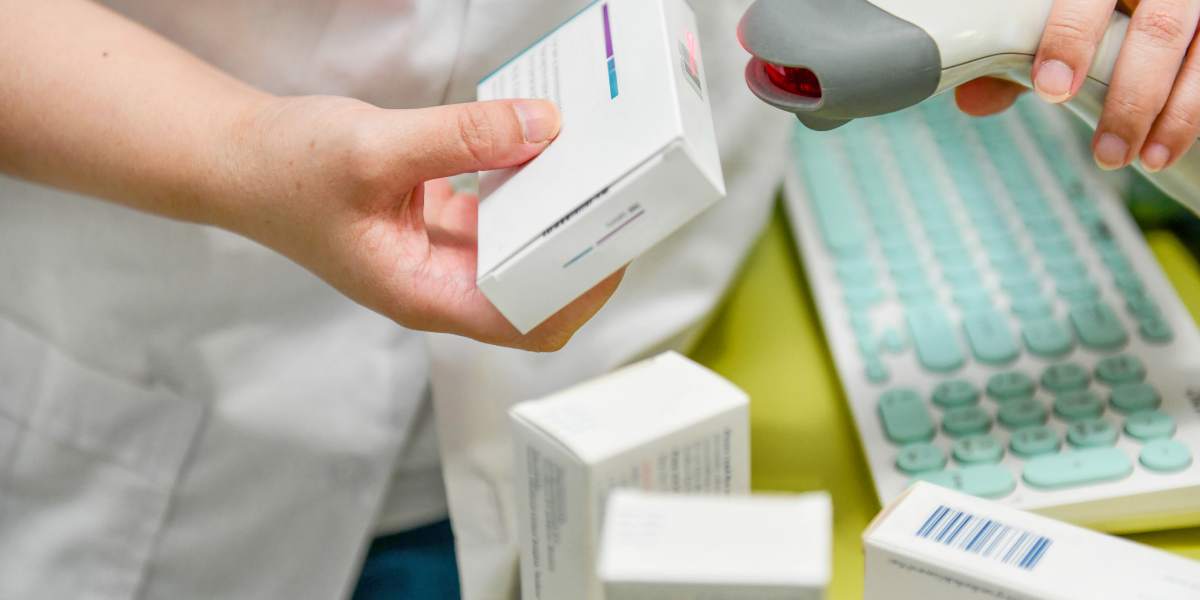The annual cost of prescriptions has now surged past £10 billion after obesity rates in the UK have significantly increased, NHS officials have said.
In the 2022/23 financial year, the NHS spent £10.4 billion on prescription drugs – nearly a 10% rise from the previous year.
According to the new report, prescriptions for type 2 diabetes drugs have increased drastically, with the NHS spending roughly £1.4 billion on pills like dapagliflozin and metformin.
- Future obesity risk detectable through toddlers’ microbiome
- Children with obesity could be prescribed weight loss injections
More than 60% of Brits are classified as overweight, with the number expected to rise further in the coming years.
The Government is set to supply the weight loss injection semaglutide to overweight people in an attempt to tackle the obesity crisis in the UK.
Currently, the weight loss jab is available on the NHS for some people living with type 2 diabetes.
Otherwise known as Ozempic and Wegovy, the drug cost the NHS nearly £107 million last year, making it the 11th most expensive prescription drug.
Reports show that the drug used to combat blood clots, Apixaban, was the most expensive drug, costing the NHS more than £400 million last year.
Tam Fry, from the National Obesity Forum said: “Unfortunately, we have a huge number of people who are so fat they need drugs in order to lose weight. But the horror is we’ve basically done nothing for the last 25 years to prevent obesity in the first place.
- Wegovy: NHS weight loss drug is no magic pill, experts warn
- Nature’s Ozempic: how effective is berberine for weight loss?
“If you don’t prevent the disease from occurring you naturally have to expect to have to pay a lot to cure it.”
He added: “It’s an indictment of the NHS that we have such high bills for treatment, prevention is always cheaper.
“It’s a no-brainer that we should really be doing something, right from birth. I tear my hair out when I see the Government doing absolutely nothing.”
He concluded: “Prevention of obesity will save a sack-full of money for the NHS in the long term and this prevention should start in the first five years of life rather than leaving it until being obese or overweight has already gotten a grip.”
Previous research shows that 10% of children are obese by the time they start primary school, and one in five are obese in year six.
People with obesity are more at risk of developing other health complications, such as type 2 diabetes, some cancers and cardiovascular disease.
A Government representative noted: “It is misleading to suggest the government isn’t doing anything to prevent obesity.
- Health warning issued after new trend encourages people to self-make weight loss injections
- Combining time-restricted eating and HIIT brings health benefits for women with obesity
“We have introduced restrictions on where unhealthy food is placed in supermarkets, calorie labelling on menus, and we are working closely with industry to make it easier for people to make healthy food choices.”
They evaluated: “The voluntary sugar reduction programme has dramatically reduced the amount of sugar in foods popular with children, and thanks to the sugar tax, soft drinks now contain nearly the half the sugar they used to.”
John O’Connell, Chief Executive of the TaxPayers’ Alliance, said: “The public would be sick to the back teeth of continuing to pay these costs.
“Paying huge amounts for pills which are cheaper over the counter is an inexcusable waste of taxpayers’ money.”
He added: “With their ban clearly being ignored, NHS bosses must take further action to limit these persistent prescriptions.”




